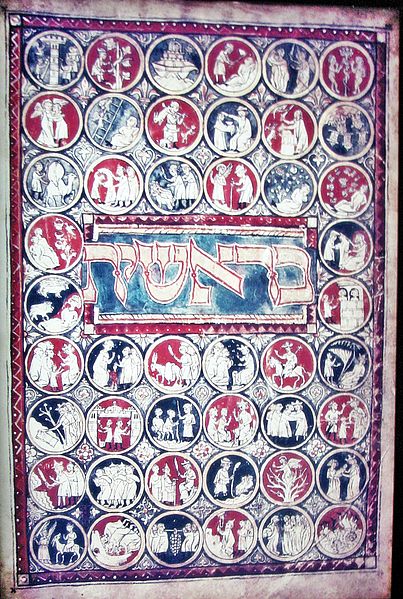 The Pentateuch is an important historical and legal document in the Christian tradition. They essentially depict the lives of the “Chosen People”, right from the origins up till the demise of Moses. In doing so, these sacred scriptures inform the followers of Christian faith about the rules and laws governing the lives of Israelites during this significant passage in the history of Christian theology. Each of these great books have their own special introduction. For example, the matter of discussion distinguishes Leviticus from Exodus and Numbers, not to mention the literary terminations of the Leviticus and Numbers. The Pentateuch books in use today exhibit both a literary unity though they are divided into five sections. A brief account of the five books comprising the Pentateuch follows:
The Pentateuch is an important historical and legal document in the Christian tradition. They essentially depict the lives of the “Chosen People”, right from the origins up till the demise of Moses. In doing so, these sacred scriptures inform the followers of Christian faith about the rules and laws governing the lives of Israelites during this significant passage in the history of Christian theology. Each of these great books have their own special introduction. For example, the matter of discussion distinguishes Leviticus from Exodus and Numbers, not to mention the literary terminations of the Leviticus and Numbers. The Pentateuch books in use today exhibit both a literary unity though they are divided into five sections. A brief account of the five books comprising the Pentateuch follows:
GENESIS
Genesis could be interpreted as the preface to the other four books. It covers a wide range, from the origins of time up to the groundwork of the holy land Israel’s severance with Egypt. The Genesis also lays the foundations of Pentateuchal legislation, explicating to the reader how God chose one specific family to keep His Revelation. It further explains how God educated the members of this chosen family about their impending divine mission. While the first part of Genesis provides the general history, the second part delves into the history of the Chosen People. Also, both the two major parts are further organized into five subsections of varying lengths. Some detailed genealogical history of the period is one of the highlights of the book. Furthermore, this introductory book finds references to some other key features of previous sections, making the disparate sections a coherent whole. The other peoples and tribes in the context are also given brief descriptions emphasizing their important role in the Judeo-Christian religious history.
EXODUS
The first of the three intervening books is the Exodus, which considers the wanderings of Israeli peoples in the punishing desert conditions and the subsequent legal ratifications. After the passing away of Joseph, Israel had developed into a sizeable population, and hence its history from thereon is much more than mere genealogies, and includes accounts of these primitive people’s national and religious advancement. The various laws are specified and propagated as demanded by the circumstances. This meant that the Exodus is closely related with the people’s history. In this context the numbering of Pentateuchal books among the historical books of Scripture is quite appropriate. The format of Exodus differs from that of Genesis, in that it is composed of four parts – an introduction followed by three subcategories.
LEVITICUS
Leviticus was originally referred to by Hebrew scholars as the “Law of the Priests” or “Law of the Sacrifices”. Quite appropriate to this naming it contains a comprehensive compilation of laws pertaining to the Levitical ministry. Though these laws are not arranged in any specific order, the discerning reader can easily recognize the broad groupings under which these laws fall. The book also explains the God’s benevolence toward the faithful and indicates as to what He expects of his followers and how they should conduct themselves in a worthy and respectable manner.